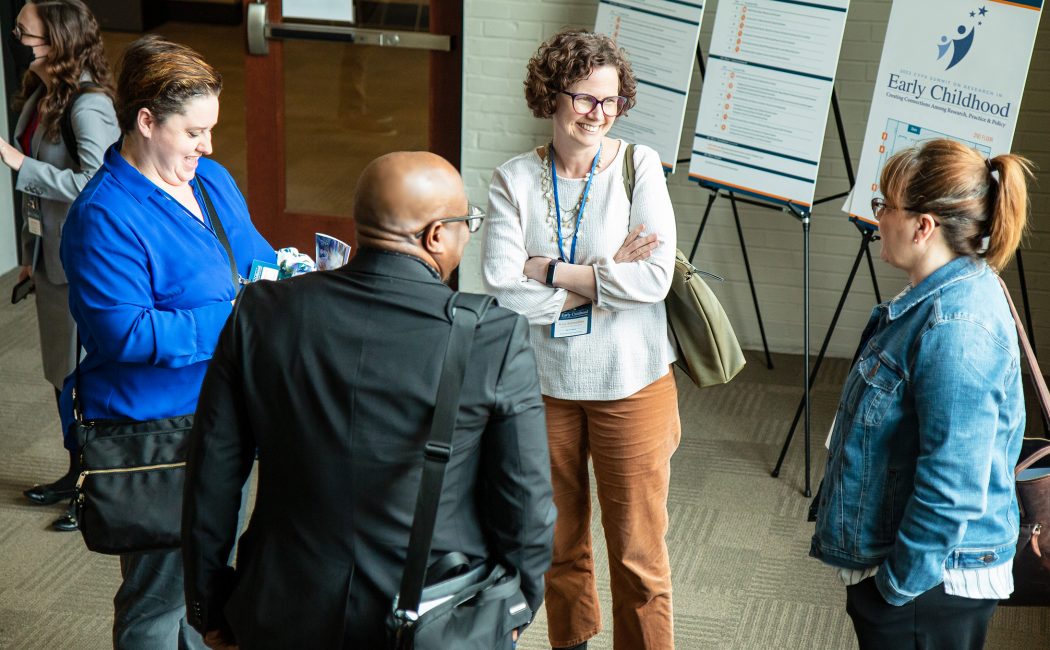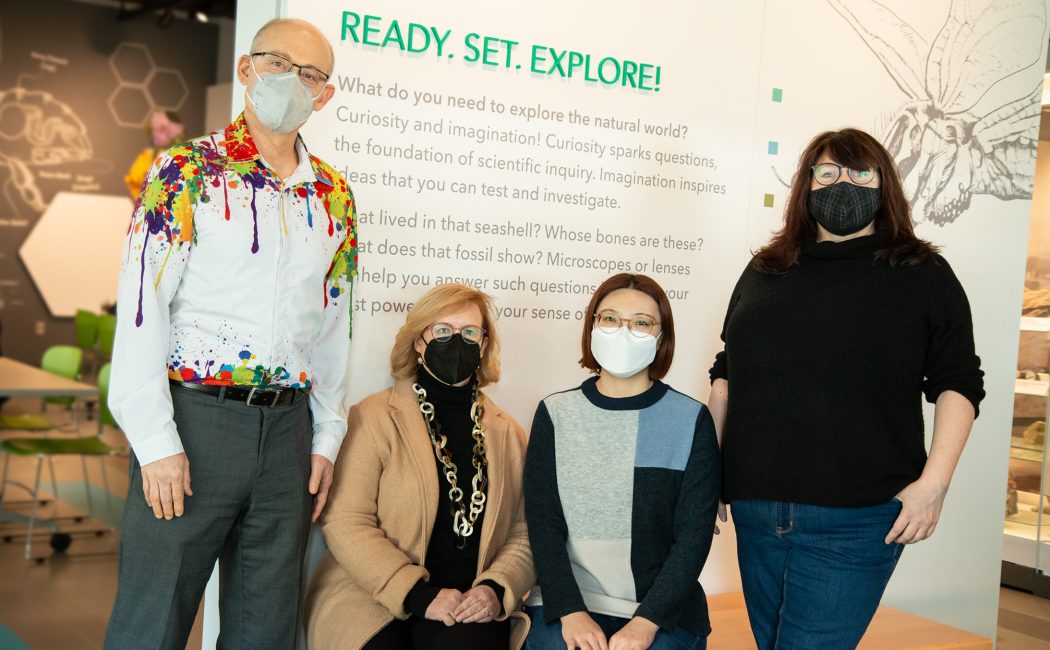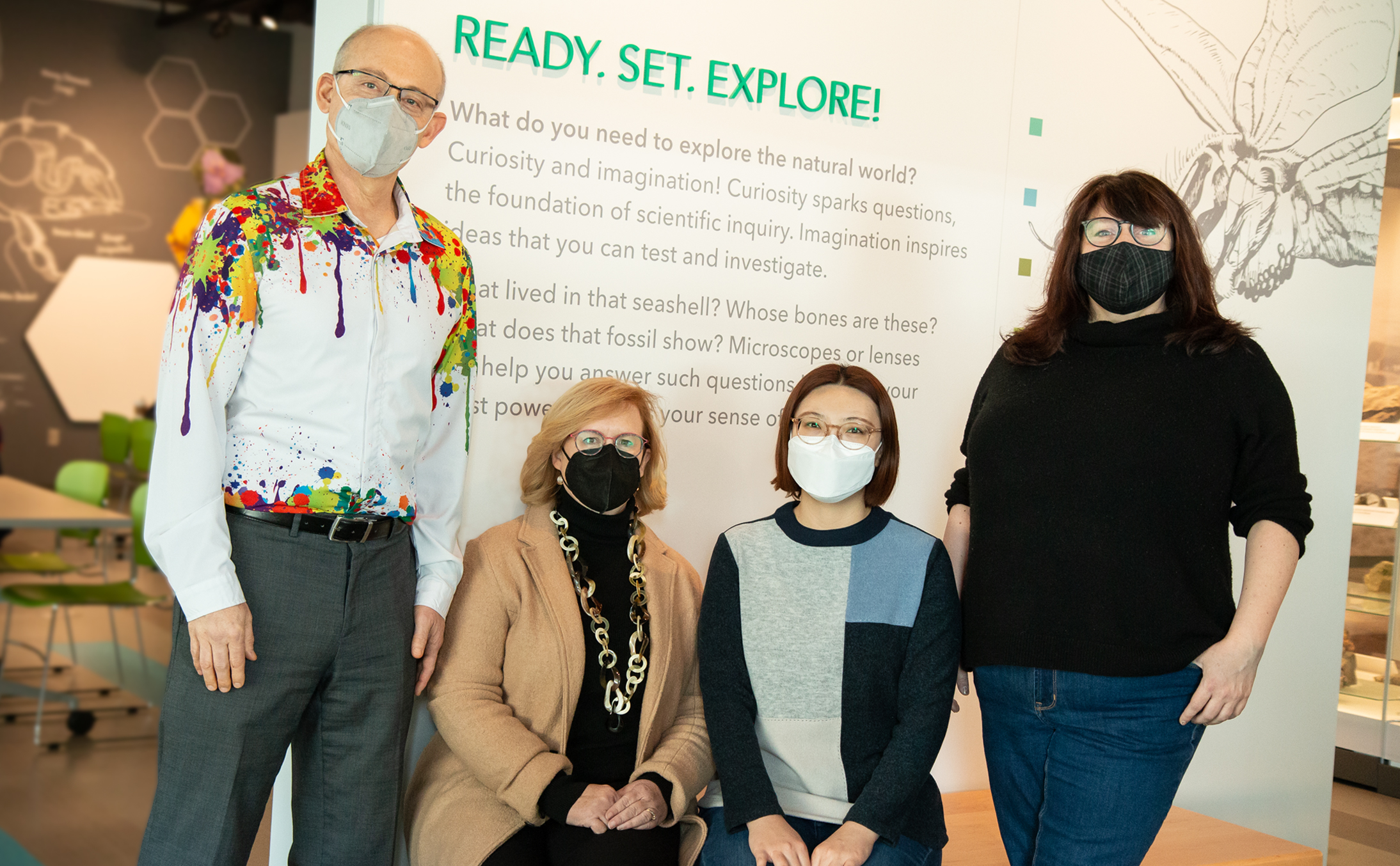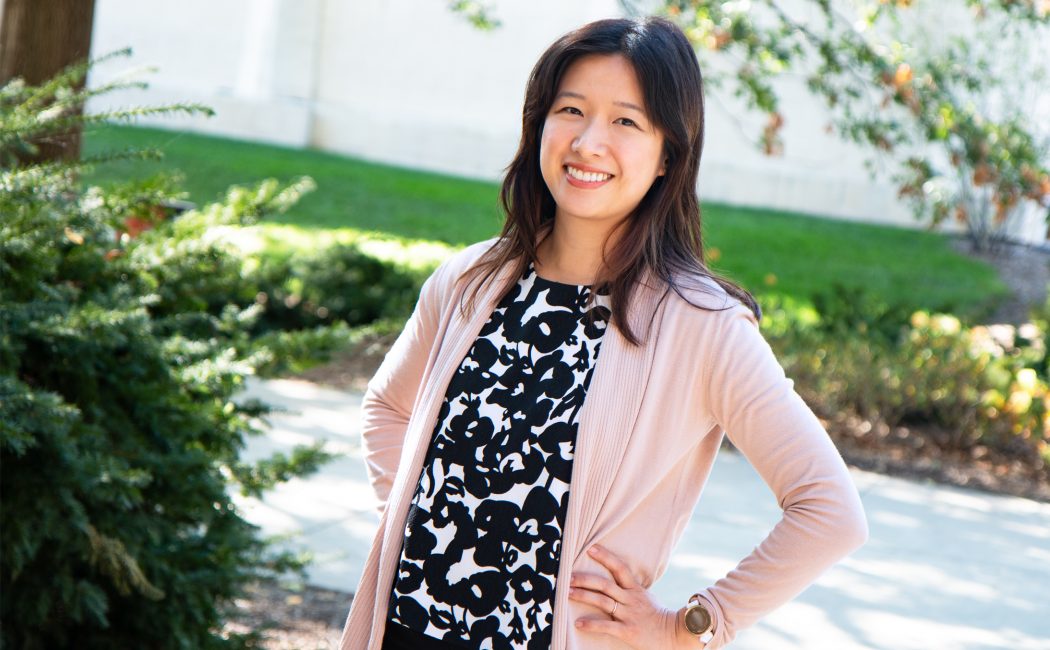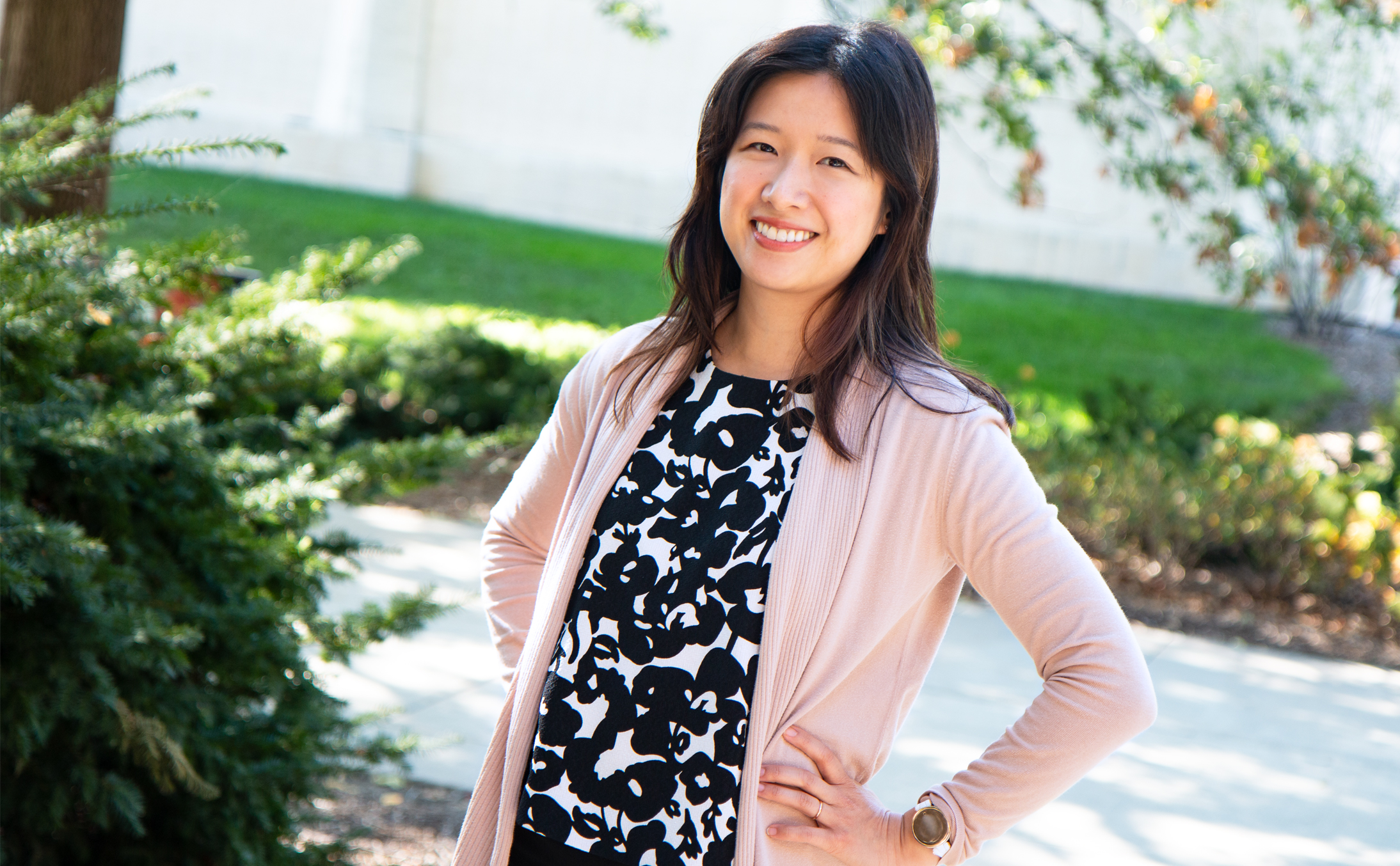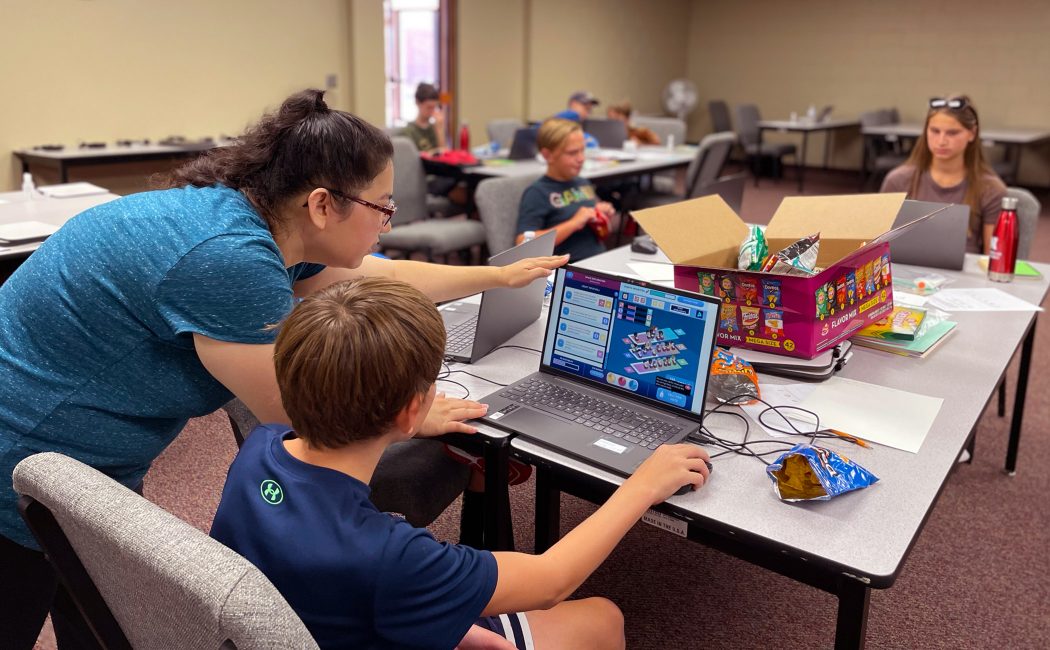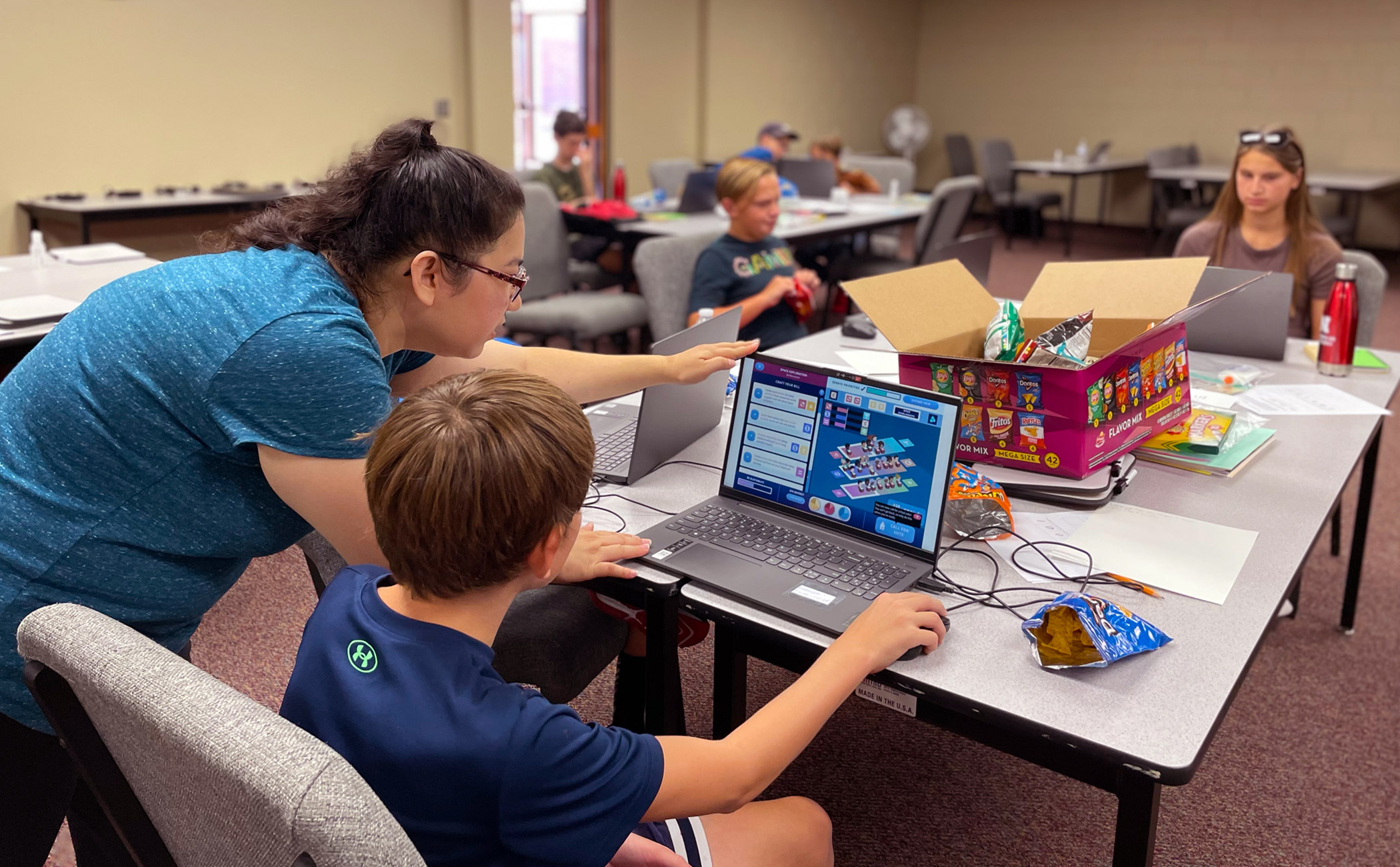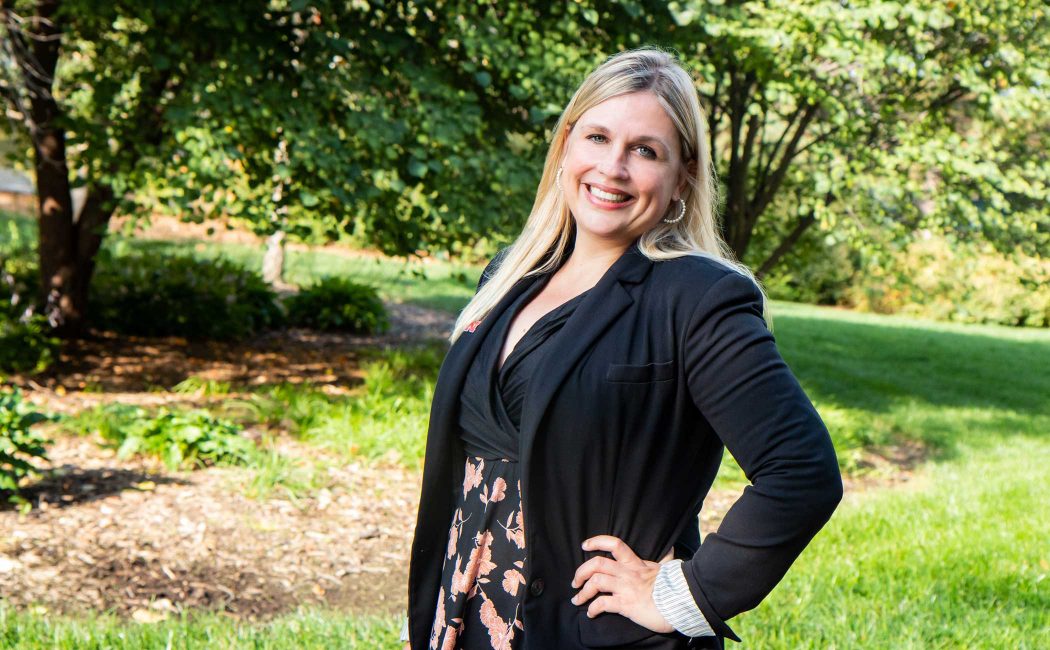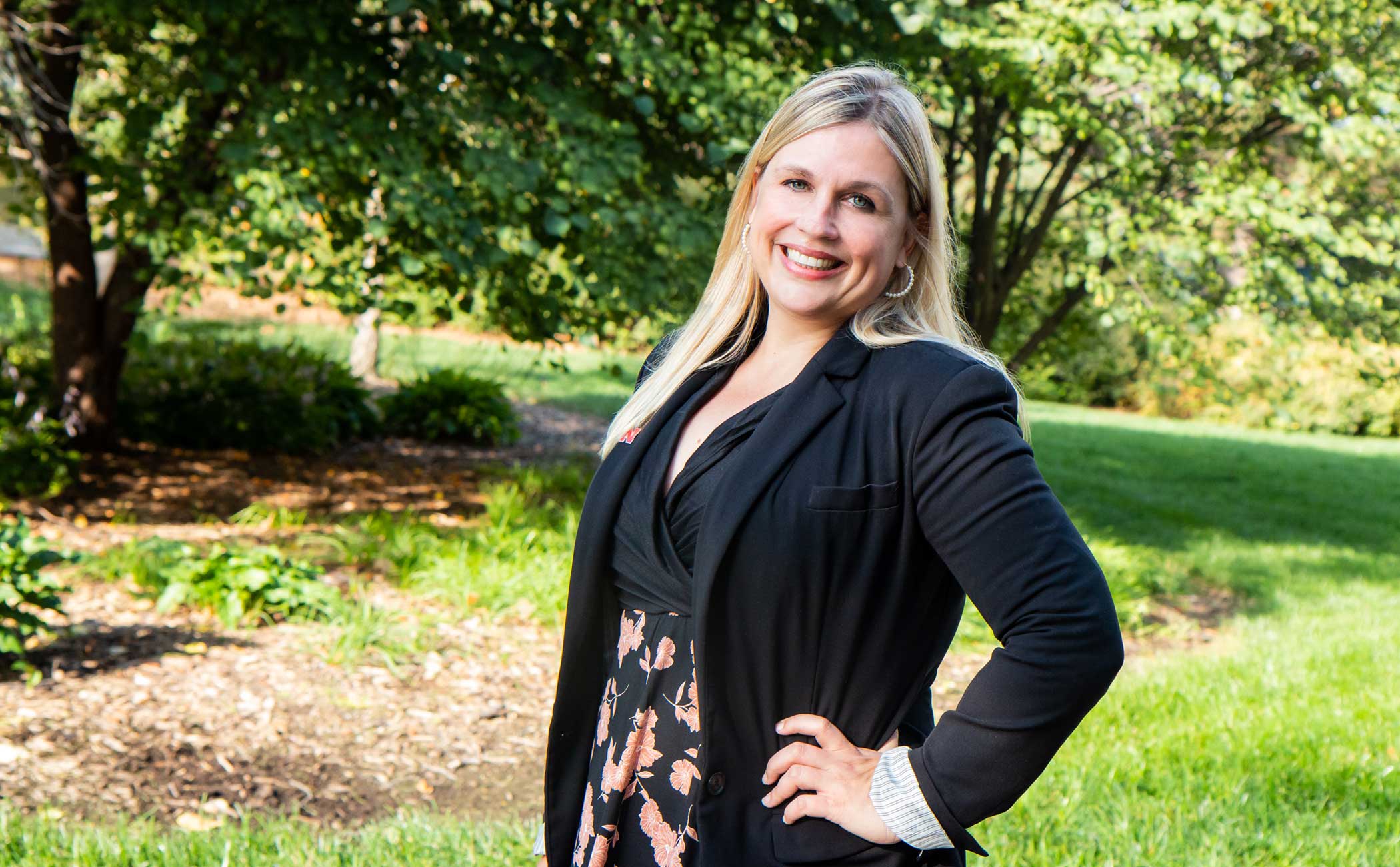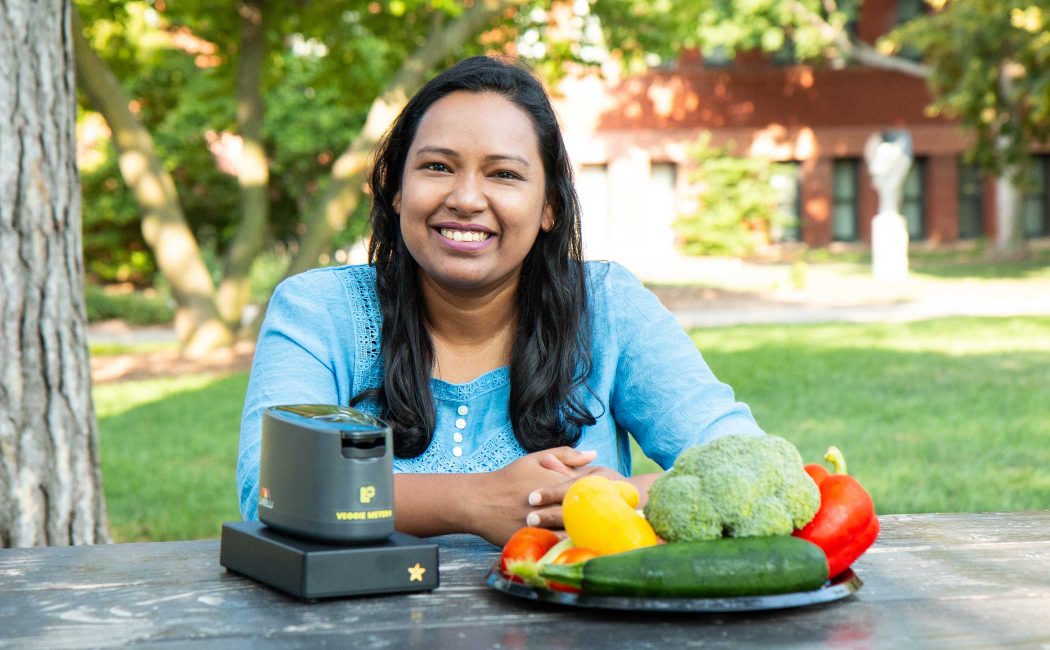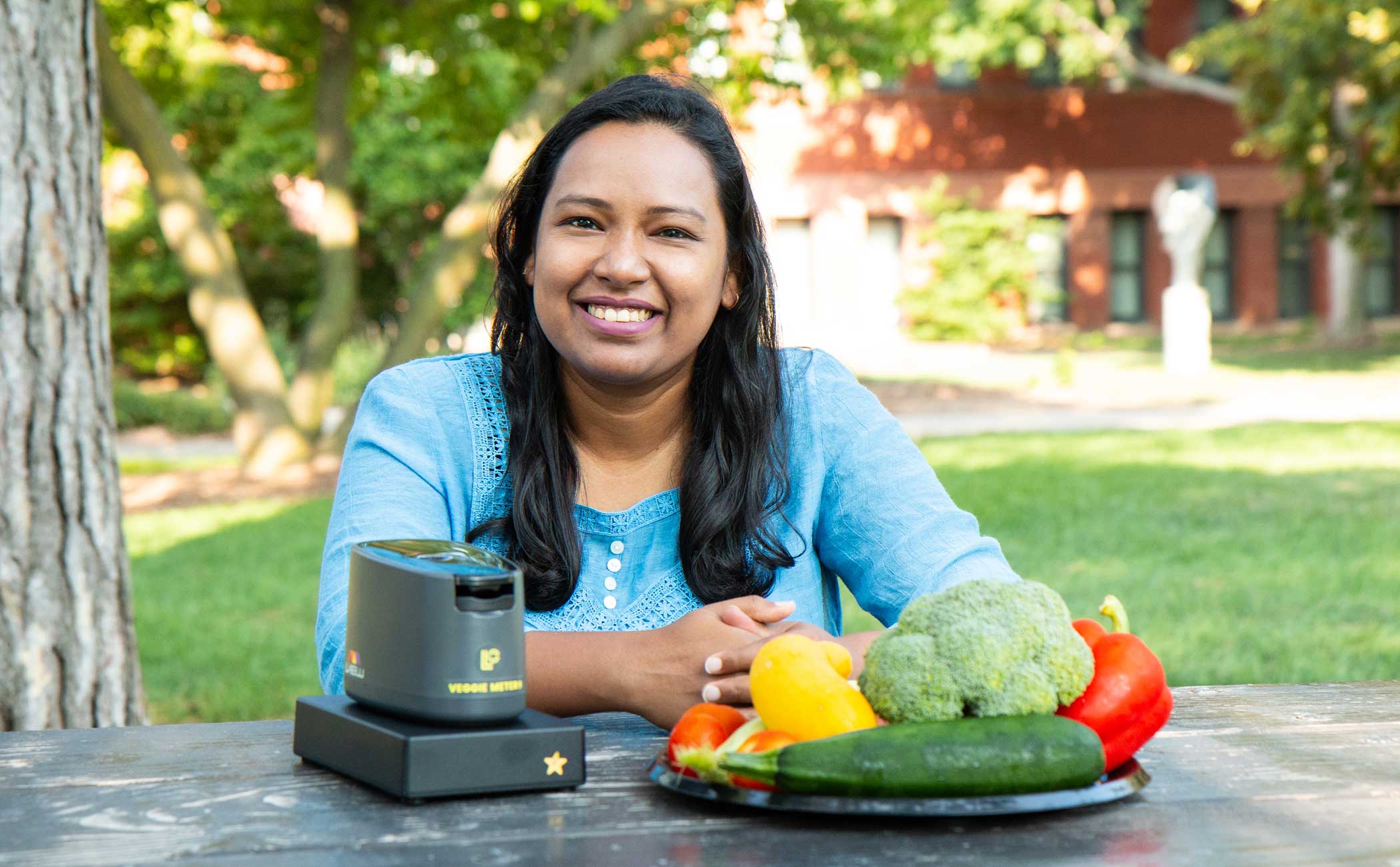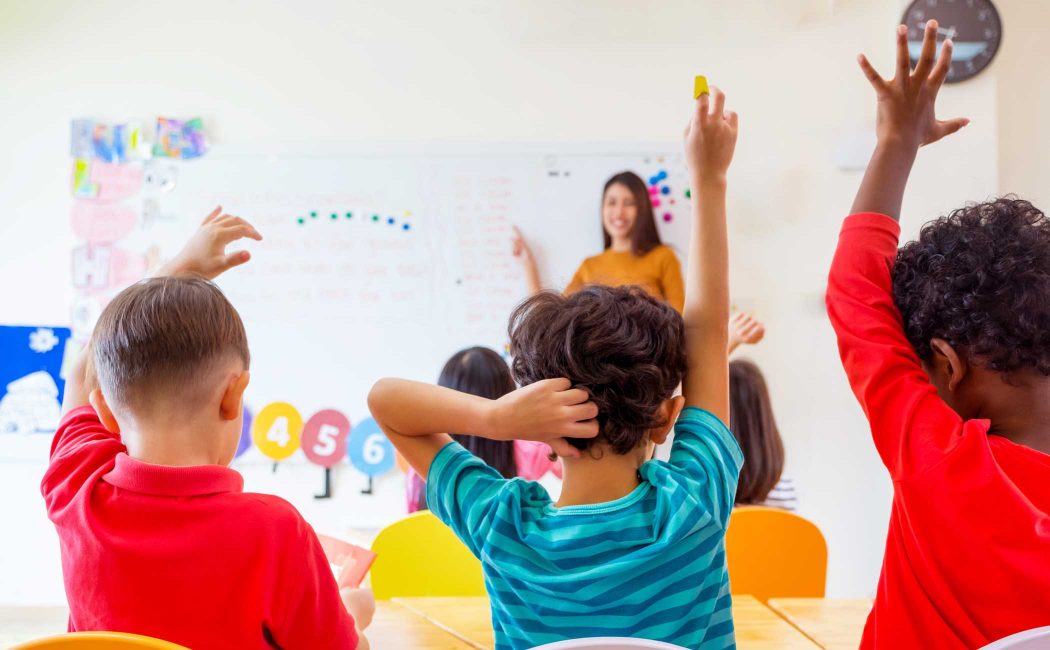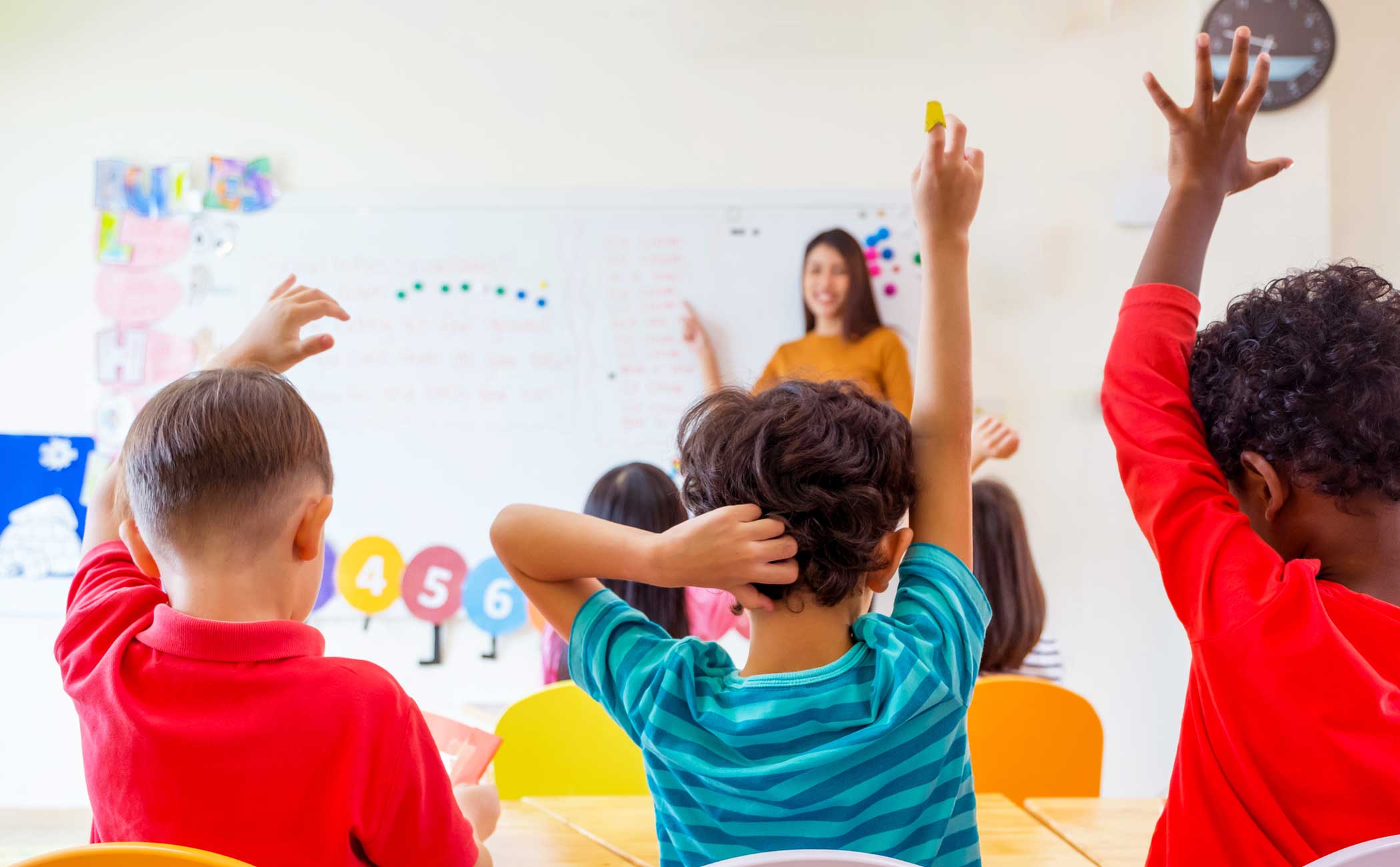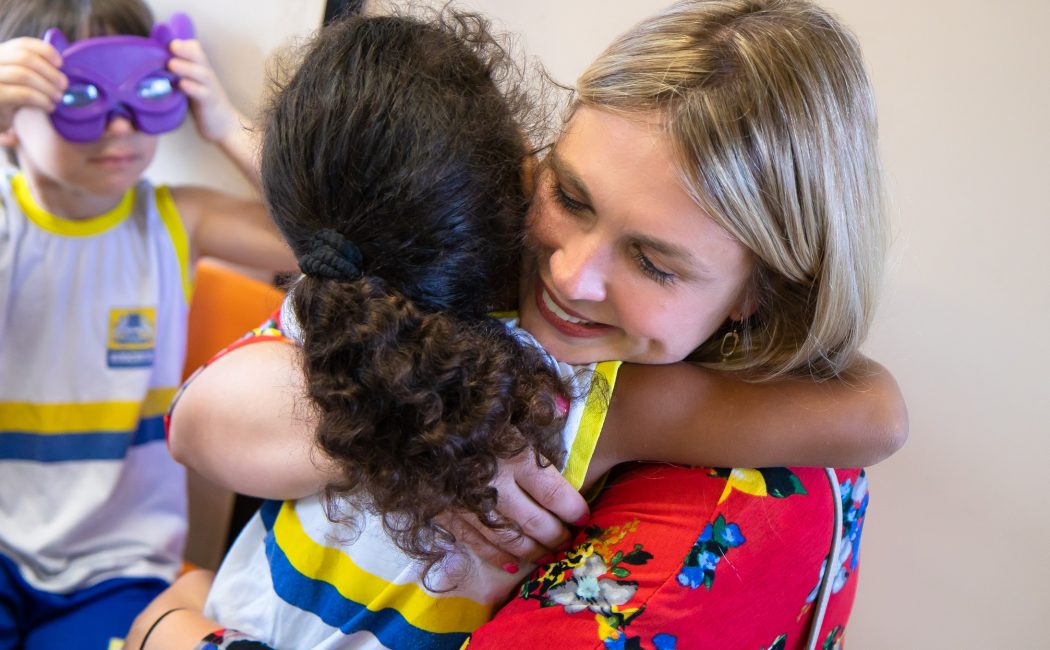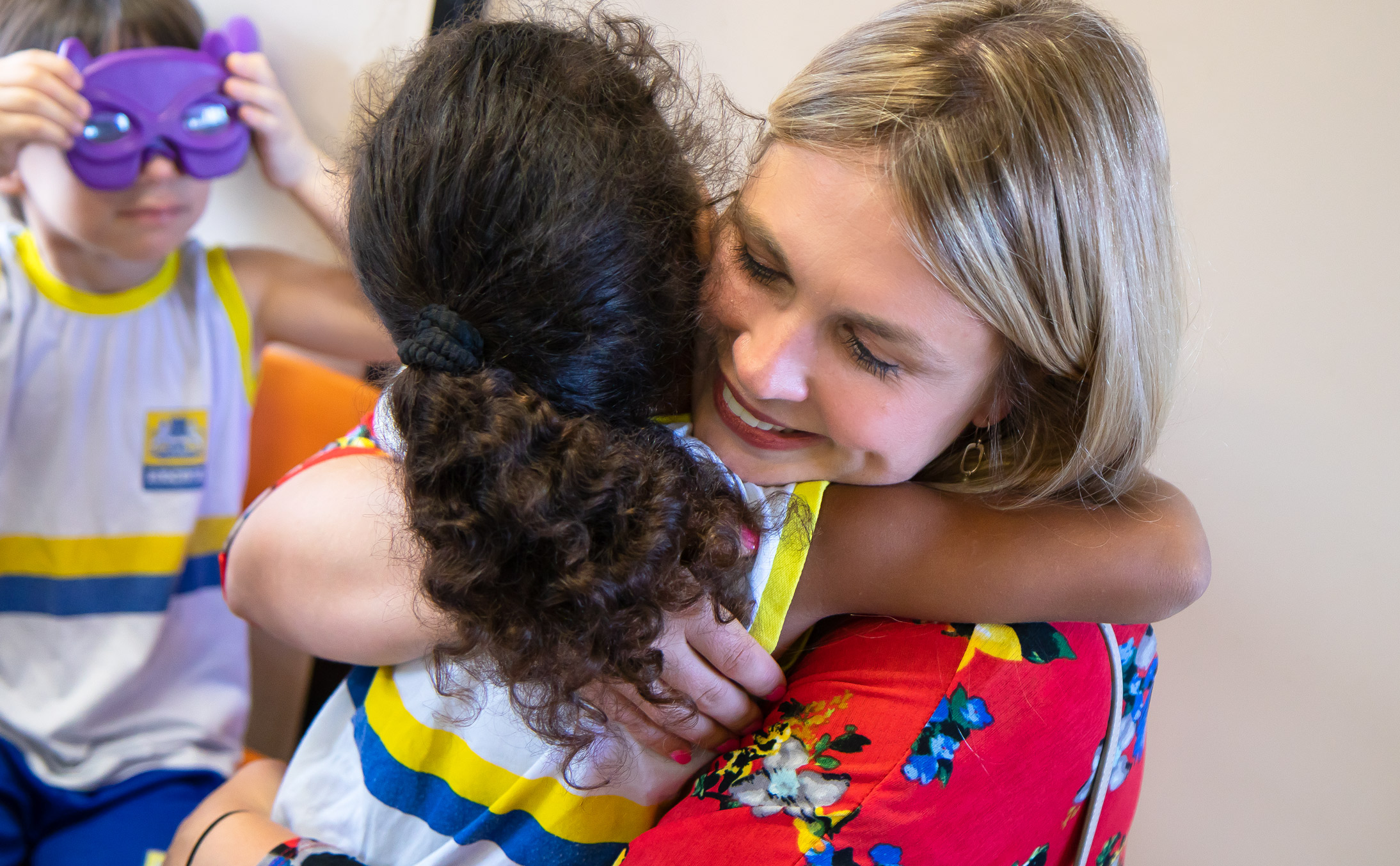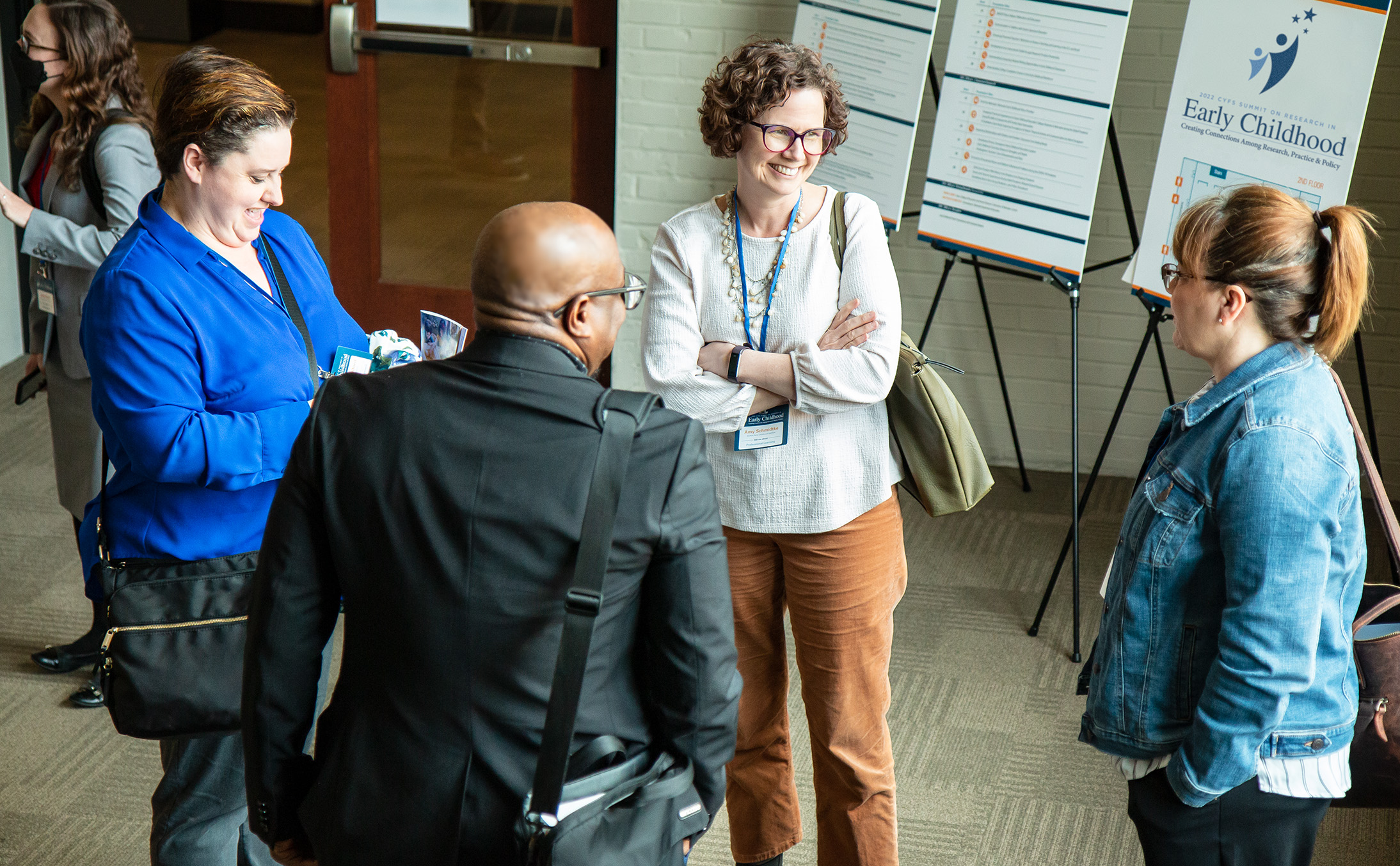
Creating connections among early childhood research, practice and policy — and how each can enhance the lives of young children and their families — provided the central theme of the 2022 CYFS Summit on Research in Early Childhood.
Nearly 200 attendees, including researchers from across the University of Nebraska system, practitioners, administrators, community partners and policymakers, gathered April 13 at Nebraska Innovation Campus for the daylong, sixth biennial summit, which highlighted the latest research to advance early childhood education and development, and implications for practice and policy.
